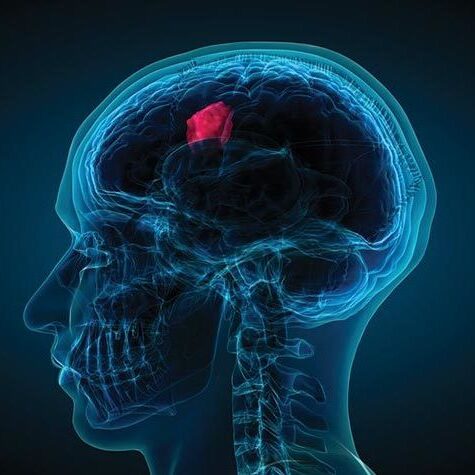What is a Craniotomy?
A Craniotomy is done for patients suffering from different types of brain tumors, and is an effective surgery for both malignant and benign tumors.
The procedure involves making an incision in the scalp and removing a piece of bone from the skull. The neurosurgeon then accesses and removes all or as much of the tumor as possible without risking damage to the brain. The neurosurgeon then replaces the bone and closes the incision.
This procedure, performed under general anesthesia, creates an opening through the skull for removal of a meningioma. This type of tumor is found in the dura – the fibrous membrane between the brain and skull. The surgery usually requires several hours to complete, depending on the location and size of the meningioma.
What will I experience during recovery?
After undergoing a craniotomy, headaches are to be expected. After surgery, pain can be managed with narcotic medication as prescribed. Ask your surgeon before taking nonsteroidal anti-inflammatory drugs such as aspirin, ibuprofen, Advil, Motrin, Nuprin, naproxen sodium, and Aleve. These medications may cause bleeding and interfere with healing. Do not drive after surgery until discussed with your surgeon and also avoid sitting for long periods of time. Do not lift anything heavier than five pounds, including children. Housework and yard work are not permitted until the first follow-up office visit. This includes gardening, mowing, vacuuming, ironing, and loading/unloading the dishwasher, washer, or dryer.
Over time, you can gradually return to your normal activities. A physical therapy or exercise program to gently stretch the neck and back might also be prescribed for healing. Start with short walks and gradually increase the distance over time. These restrictions are usually what is prescribed, so make sure to discuss your individual restrictions with your doctor.
Risks and complications
Risks are unavoidable when it comes to surgery. General complications include bleeding, infection, blood clots, and adverse reactions to anesthesia. Specific complications related to a craniotomy may include stroke, seizures, brain swelling, and spinal fluid leak. The most common complication related to MVD is nerve damage, which can vary depending on the nerve being treated. This includes hearing loss, double vision, facial numbness or paralysis, hoarseness, difficulty swallowing, and unsteady gait. Go over the specific risks and concerns for you with your doctor before surgery.
If you want to learn more about a Craniotomy, or would like to schedule a consultation, request an appointment with NewSouth NeuroSpine today.

